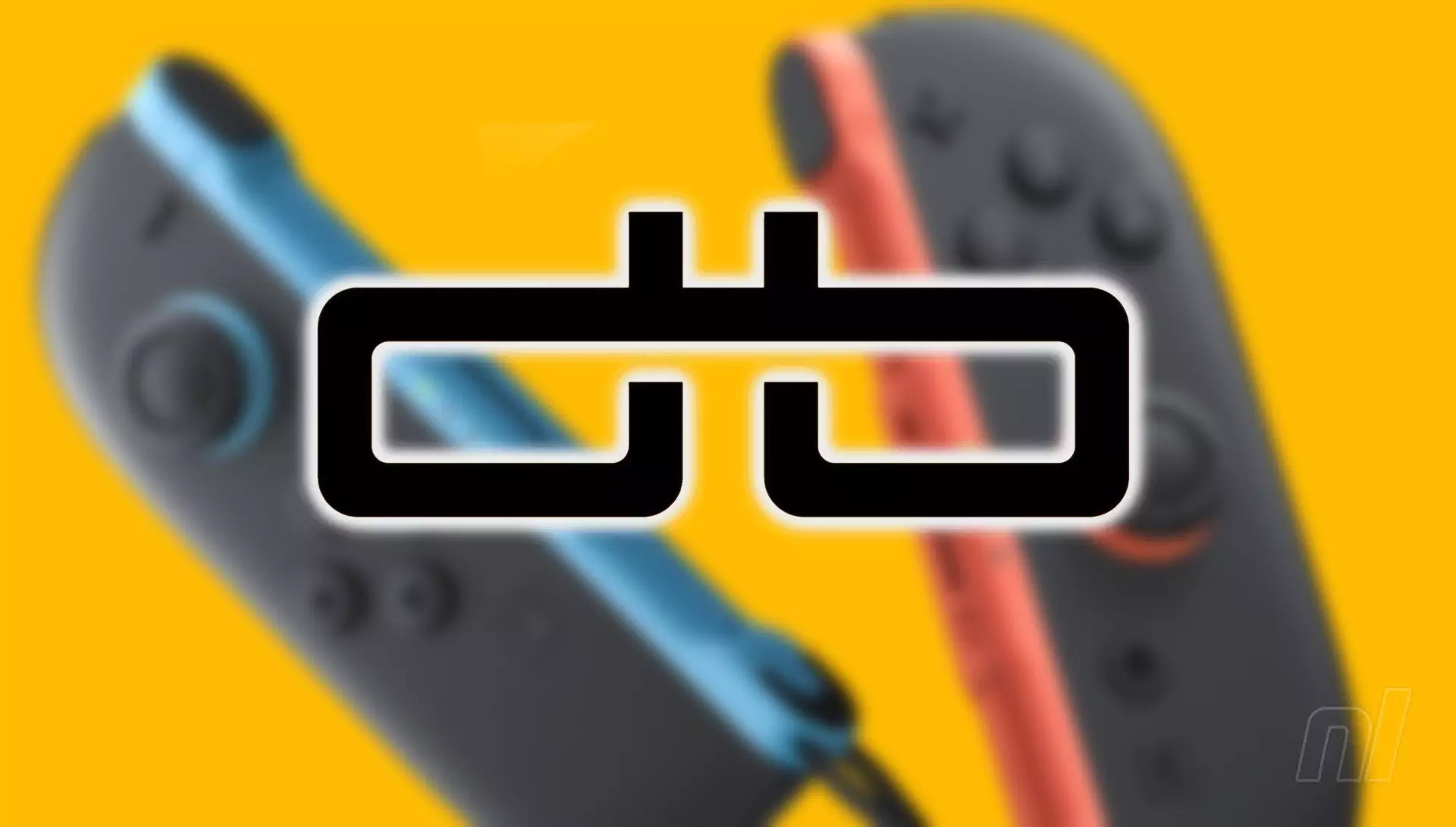Dbrand, a well-known player in the accessory manufacturing space, recently found itself in a whirlwind of backlash over its Killswitch product designed for the Switch 2 console. Initially, the company responded inadequately to complaints about detachable Joy-Cons, a critical functionality error that could potentially ruin gameplay experiences for many users. Dbrand’s first response was not only dismissive but also echoed a profound misunderstanding of consumer expectations. They suggested that the detachment would only happen under specific conditions, which users perceived as an attempt to absolve themselves of responsibility. Unfortunately, such miscommunication ignited discontent and frustration among a community that cares deeply about their gaming experiences.
Public Outcry and Accountability
What followed was a wave of criticism—some warranted and some, alarmingly, aggressive. The company’s initial defense lacked empathy, which is crucial in customer communication. Instead of addressing user concerns justly, they essentially told customers they were “holding it wrong.” This statement struck a nerve, suggesting a shocking disconnect between Dbrand and its user base. In their follow-up response on Reddit, Dbrand owned up to their missteps, reflecting a sincere desire to course-correct. Their admission that their prior messaging was “spectacularly terrible” highlighted not only the company’s willingness to accept blame but also the power of community feedback in shaping corporate responsibility.
The Importance of Design Integrity
Beyond communication, the Killswitch controversy raises significant questions regarding product integrity and design responsibility. In a world increasingly driven by user-friendly technology, the expectation that products should perform reliably—even under unconventional handling—is more than justified; it’s essential. Dbrand’s revelation that they were exploring either a complete redesign or an improved version of Killswitch illustrates a growing recognition of these responsibilities. Consumers aren’t just buying accessories; they’re investing in the promise of functionality and reliability.
However, the real challenge lies in execution. The notion that Dbrand is still working on a feasible solution brings to light another critical point: innovation should not compromise quality assurance. The proposed solutions, one of which involves entirely reworking the original design, must be approached thoughtfully to restore consumer trust. It is not enough to merely replace defective products; companies must ensure that any future iterations uphold the brand’s integrity and commitment to quality.
Building Bridges with the Community
Dbrand’s attempt to foster a dialogue with its customer base through social media is commendable, albeit overdue. Rather than just addressing the malfunction, the company has an opportunity to build a more robust relationship with its community. Listening to user feedback and keeping lines of communication open can transform a crisis into a platform for greater transparency and connection. Offering replacements for all consumers, regardless of experience with the detachment issue, could mark a significant turning point in how businesses navigate crises.
This situation illustrates the broader implications of corporate accountability and customer relations. The credibility of a brand often rests on its actions, particularly during moments of distress. Dbrand’s candid acknowledgment of its blunders stands as a testament to the power of humility in business. Brands that embrace transparency can earn not only forgiveness but also loyalty in the long run.
A Future Reimagined
Ultimately, the Dbrand Killswitch controversy serves as a crucial reminder of the cyclical nature of trust between companies and their customers. As Dbrand forges ahead, navigating design improvements and customer relations, its next moves will be closely scrutinized. The landscape for tech accessories remains highly competitive, with many alternatives vying for consumer attention. Therefore, how effectively Dbrand responds to this debacle could determine its standing in the market.
Success in this arena won’t simply hinge on patching up flaws; it will depend substantially on the company’s ability to envision a future that prioritizes quality, user experience, and community engagement. Games and gaming accessories are magical experiences; companies like Dbrand need to mirror that magic in their products and client interactions. As they learn from their missteps, the gaming community will be watching closely, eagerly awaiting evidence of substantive growth from the company linking its success to user satisfaction and organizational accountability.

